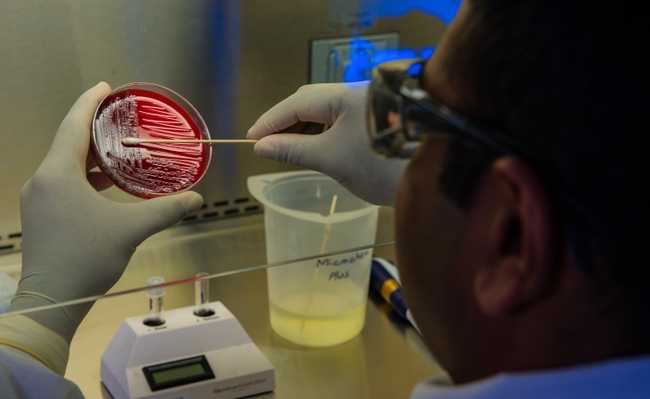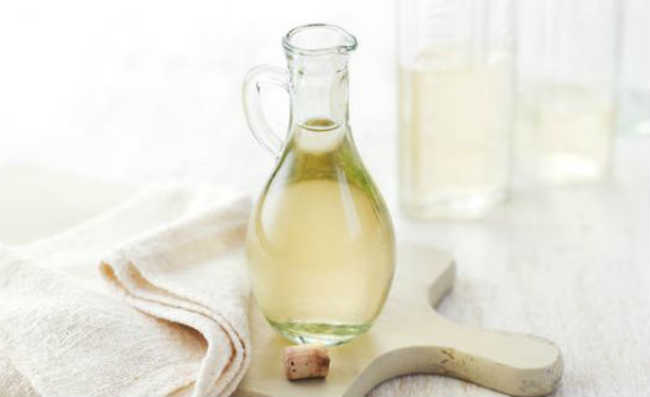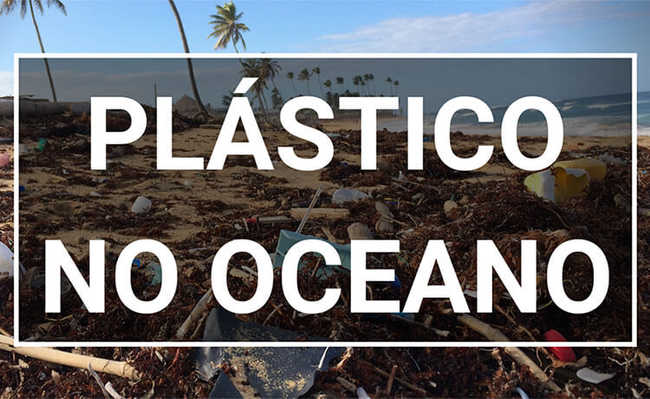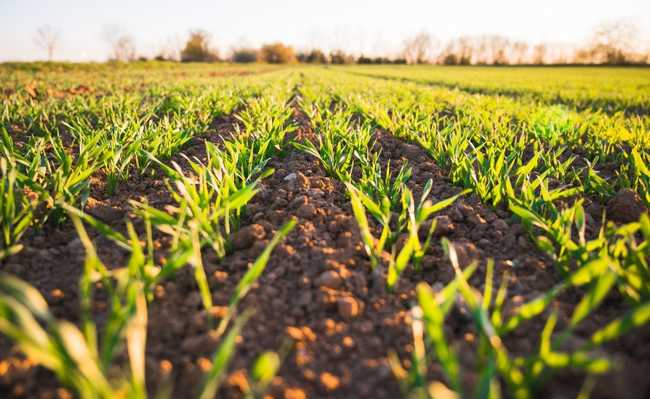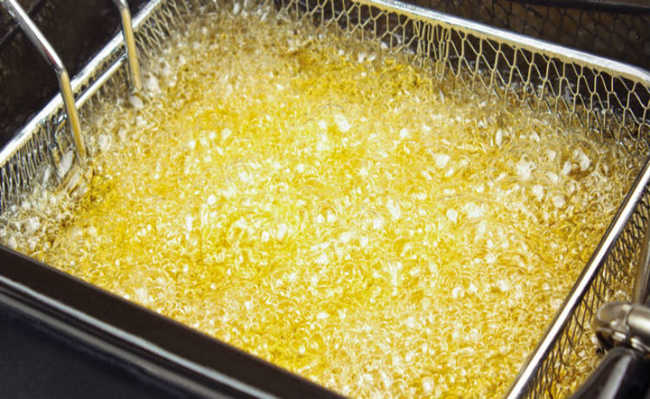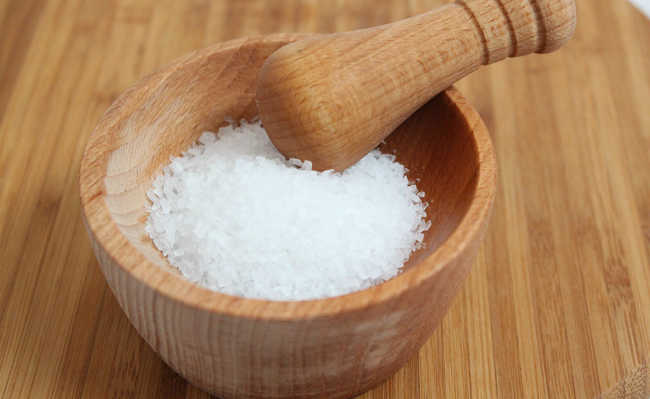The incredible benefits of seaweed
Marine algae provide much of the planet's oxygen, among other benefits

Edited and resized image by Thomas Peham is available on Unsplash
Seaweeds are photosynthetic organisms, live predominantly in an aquatic environment (oceans) and significantly contribute to the production of available oxygen. Algae also serve as a shelter for numerous marine animals, thus playing a large role in ecosystems. They were one of the first beings to inhabit the planet and today algae are used for different purposes.
- Photosynthesis: what it is and how it occurs
They are the foundation of marine life, and both macroalgae and microalgae are essential for maintaining ecosystem services. Seaweeds are also of great economic importance.
They are famous for being part of one of the most recognized icons of Japanese cuisine, the Sushi. But algae are invaluable to humanity. Contrary to common sense, forests are not the lungs of the world, but algae, which produce about 55% of all oxygen on the planet. But the benefits of seaweed don't stop there.
Seaweeds also help prevent cancer and treat skin and hair diseases. They are algae rich in nutrients such as iodine, calcium, phosphorus, magnesium and iron; in addition to seaweed also contain vitamin K, which is anti-hemorrhagic and improves the health of the gastrointestinal system.
Two substances found in several species of seaweed have antioxidant and photoprotective characteristics. These are carotenoids (organic pigments) and mycosporins (a type of amino acid). Thus, it would even be possible to produce sunscreens and natural antioxidants (which are used to fight free radicals that can cause various health problems) with these substances from algae.
Main types of edible algae
nori
a nori, a bit purplish and that turns green when it dries, is one of the best known marine algae, as it is used to curl sushi and temaki.
Kelp
THE kelp is one of the algae found on the market in flake shape, with a light brown to dark green pigment.
hijiki
THE hijiki it has the most intense flavor of all algae.
Kombu
THE kombu is one of the most used algae in soups, sold in strips and small leaves.
Wire
THE wire, as the name says, has a wire shape and a sweeter and milder taste than most algae.
agar-agar
Finally, there are red algae, called agar-agar, which are widely used in gelatins.
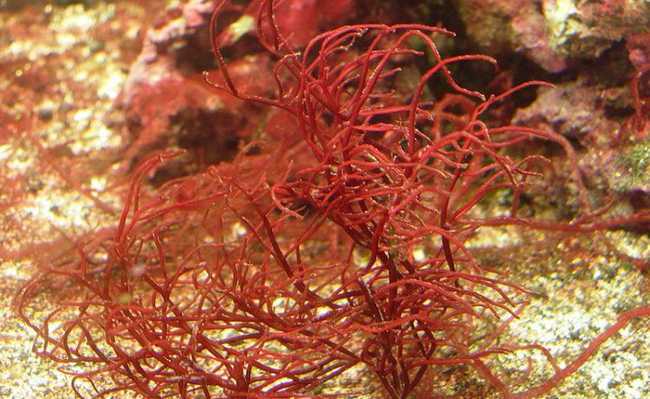
Image: Photographed by Eric Moody by Emoody26 is licensed under CC-BY-3.0
Algae and agriculture
In agriculture one can also notice the benefits of seaweed. They increase the stress resistance of plants such as peppers, tomatoes, apples, peaches, oranges, cloves, wheat, corn, beans and barley. Furthermore, algae extracts contribute to the formation of the root system, increase in chlorophyll content, resistance to stress and decrease the aging of plant cells. Thus, seaweeds can be used as fertilizers and in the correction of soil pH.
So whether it's producing our oxygen or giving us food benefits, seaweed is very worthwhile.


